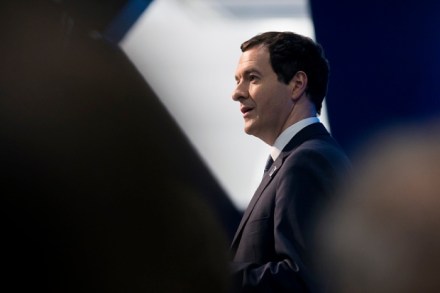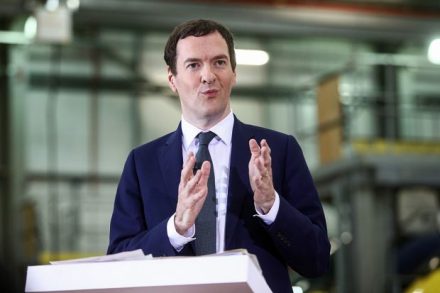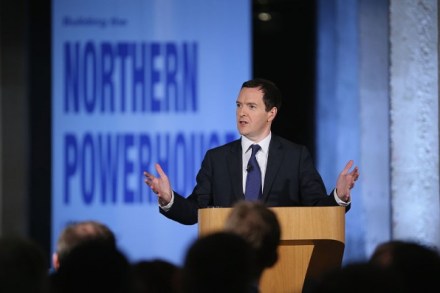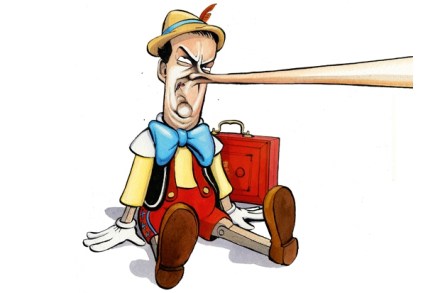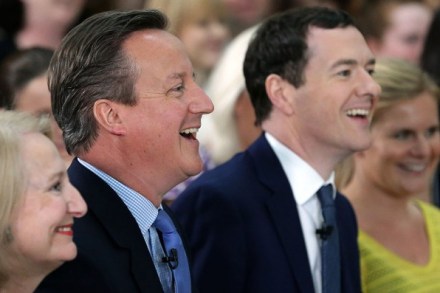When will George Osborne stop tinkering with pensions?
Sooner rather than later, George Osborne is going to have to come clean and tell us what he really wants to do with our pensions – the financial vehicles we and our employers painstakingly fund and that in theory should help us live out our retirement in a modicum of comfort. Will it be yet more tinkering as befits a Chancellor who has become known as the ‘Tinker Man of Pensions’ – the Government’s own version of footballing Tinker Man extraordinaire Claudio Ranieri ? Another restriction here and another rule change there. Or far more audaciously, will it be a radical overhaul of the tax incentives available to those who squirrel
